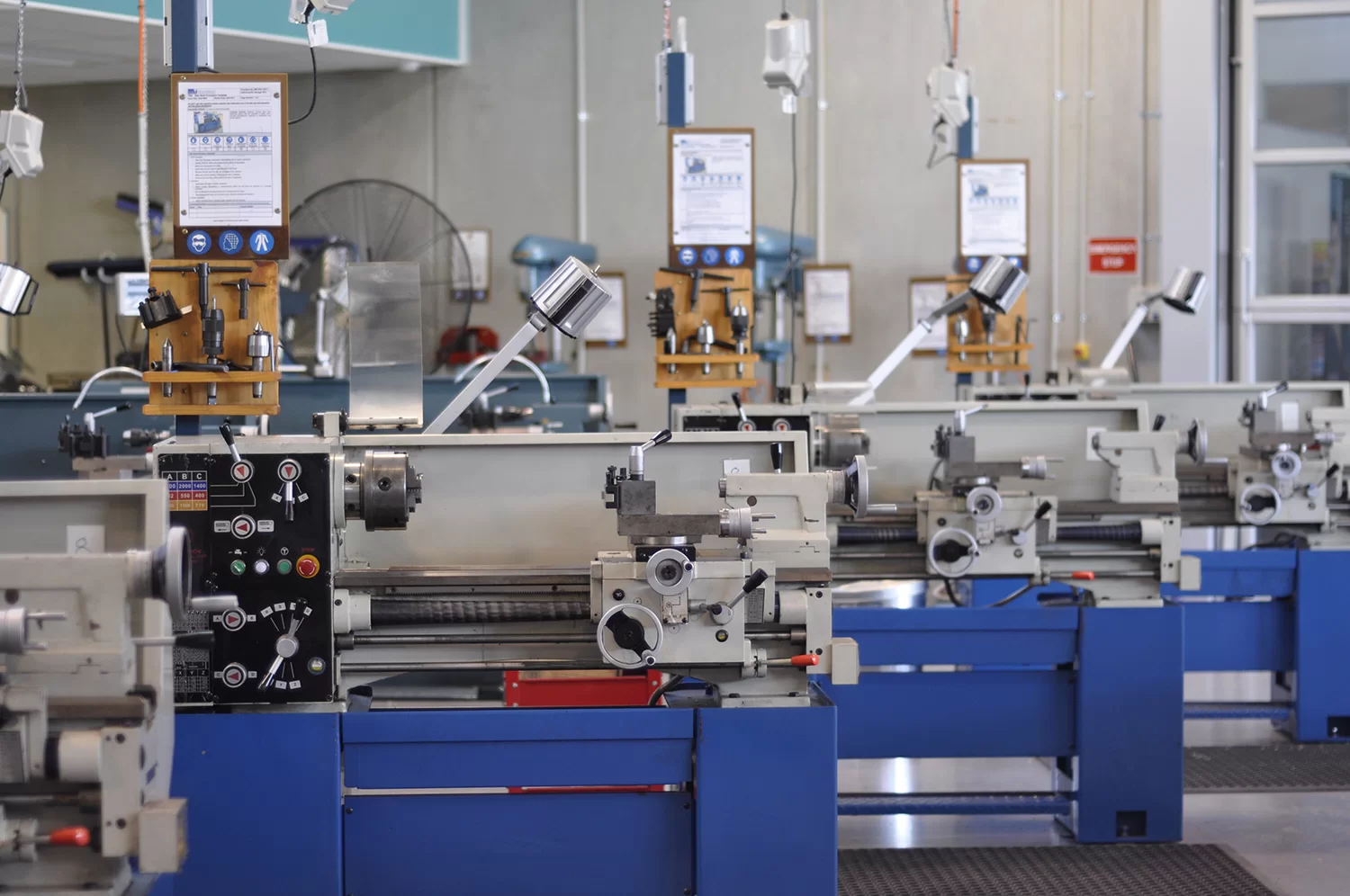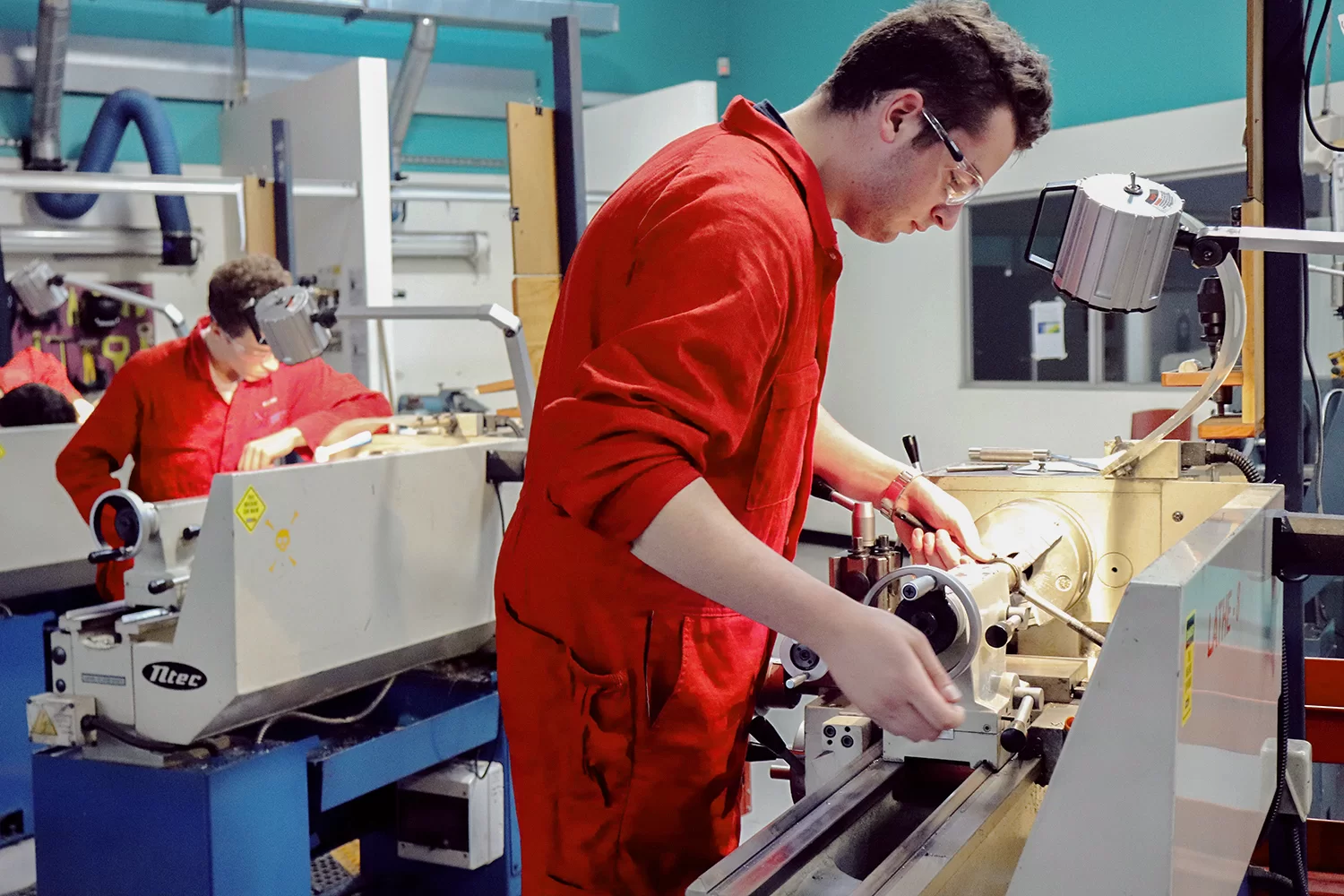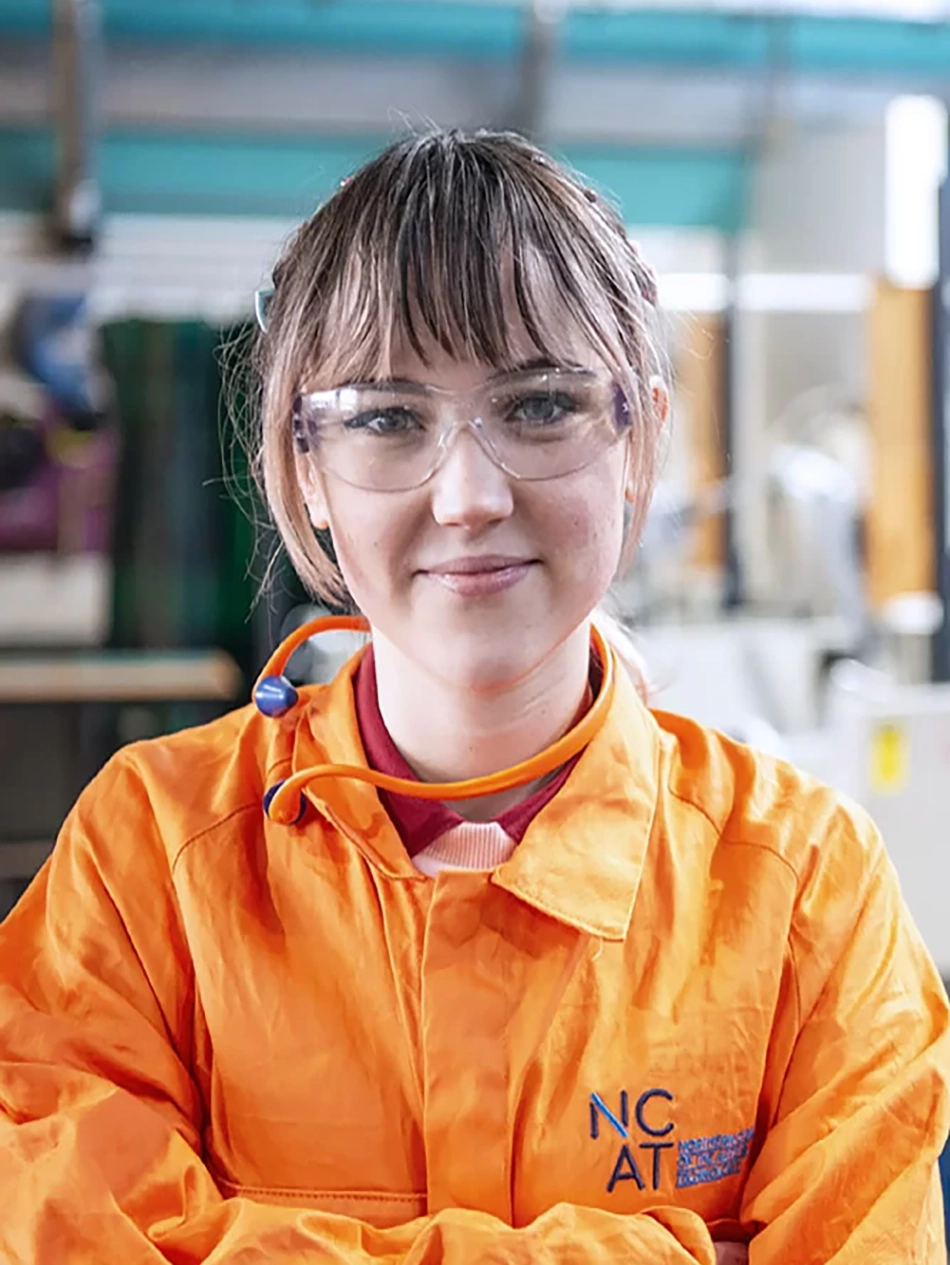

Recent years have seen a shift in industry demand for fields such as engineering, manufacturing, automation, control technologies, mechatronics, electrotechnology, robotics, and energy management.





Balance the design and planning elements with learning how to use industry standard tools in a purpose-built engineering workshop created for this exact purpose. Manage engineering based projects, undertake processes and learn the industry you are about to enter, inside and out.
Early career starts are available for VCE and VCE VM students seeking a career in engineering. Students can integrate a VET Certificate II in Engineering within a VCE or VCAL syllabus. Develop skills in machining, fabrication and the safe use of power tools. Use computer controlled lathes (CNC), lasers, and computer aided drafting (CAD) to create projects and your own equipment for use in the trade. A major project is completed at the end of the units 3+ 4.
You can read about two NCAT student Certificate II Engineering projects completed here.

Engineering Studies enables you to:
/Develop the skills to work with a range of equipment and tools.
/Produce engineering components.
/Undertake a major product and document the process.
/Make vice soft jaws, a sheet metal tool caddy, centre punch, soft face mallet or an engineer’s square.





NCAT's Certificate II in Engineering is a project-based, hand-on course delivered in a simulated workplace environment in the NCAT Engineering workshop. The course provides students with the skills and knowledge to pursue an apprenticeship in the engineering trades or with a foundation for professional engineering roles. Units 1 & 2 cover areas in computer technology and using hand and power tools.
We deliver a general course including some elective units from fabrication, machining and engineering technical pathways. Units 3 & 4 offers scored assessment and incorporates units such as producing basic engineering sketches and drawings, handling engineering materials, performing computations (for the VCE stream only).
You can read about two NCAT student Certificate II Engineering projects completed here. https://ncat.vic.edu.au/ncat-engineering-studies-student-work/

Projects made in Engineering Units 1 & 2 include vice soft jaws, sheet metal tool caddy, centre punch, soft face mallet and an engineer’s square. Students doing Engineering Units 3 & 4 are required to construct a major project and document the project in a portfolio.

Students wanting a study score for the Certificate II in Engineering can undertake scored assessment. Practical project work is assessed by observation and questioning, written tasks and tests are assessed using set criteria. Students are given a fair and adequate assessment process with multiple opportunities to demonstrate competency. Students must attend 80% of all classes and successfully complete all units of competency to obtain their certificate II qualification.
Students are recommended to undertake a minimum of 80 hours of Structured Workplace Learning.

Year 9 – 10 basic language, literacy and numeracy levels are desired. If you have any individual needs please contact us to discuss the options available to you.